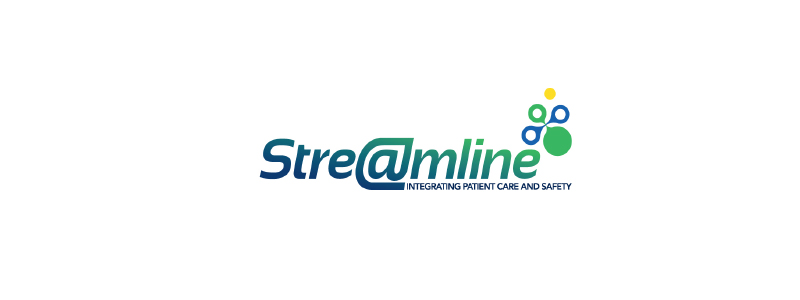
An e-health platform that empowers clinicians to take care of their patients efficiently by providing them with the right information at the right time, patient safety prompts and resources to improve the quality of health care administered, hence saving lives.
Introduction
Streamline is an e-health platform that enables clinicians in resource poor settings to deliver health care efficiently by providing key patient safety prompts across the entire patient journey.
Stre@mline follows the patient journey incorporating demographics, triage, consultation, patient safety, investigation ordering and results, prescriptions, stock control of medicines, insurance, finances and with the ability to generate statistical data needed for monthly government Health Management Information System reports (HMIS), graphical trend data, etc.
Stre@mline is tailored to the specific context and needs of low-resource hospitals, has local technical support available, and is economically sustainable. We maintain a patient-centered, integrated approach, focusing on collecting key information needed by clinician in a busy clinical setting rather than extensive details on all patients.
Progress and Results
More than 250,000 patients, 465,000 patient visits have been registered on Stre@mline in 12 hospitals in Uganda. More than 600 clinicians and administrative staff use Stre@mline daily.
100% of children attending OPD care receive triage assessment helping to identify promptly the patients who need priority care
100% of patients undergo health screening, key to spotting any future health conditions in time.
100% Prospective audit of prescribing errors to allow targeted training for staff
Accurate real time data and clinical information
Guidance for correct management of patients available 24 hours a day
Challenges and Lessons Learnt
Implementing Stre@mline in hospitals is a change management process. Some clinicians do not have the computer literacy and skills to use digital tools. Sometimes, there is resistance to change. We collaborate with local hospitals to run a digital literacy program at their hospitals and work with hospital administration to emphasize the importance of Stre@mline and drive digital adoption.
Hospitals lack infrastructure eg. computers, Local Area Network (LAN) to use Stre@mline. We have set up flexible installment plans to enable hospitals acquire the infrastructure needed.
Implementing e-health platforms is an uphill task that requires a wholistic approach to all the challenges that hospitals face. A multidisciplinary team is important to make this happen.

